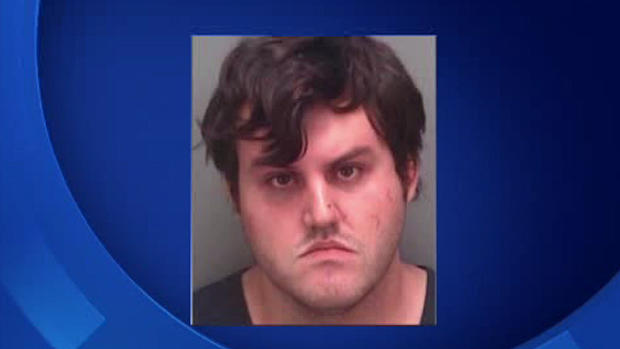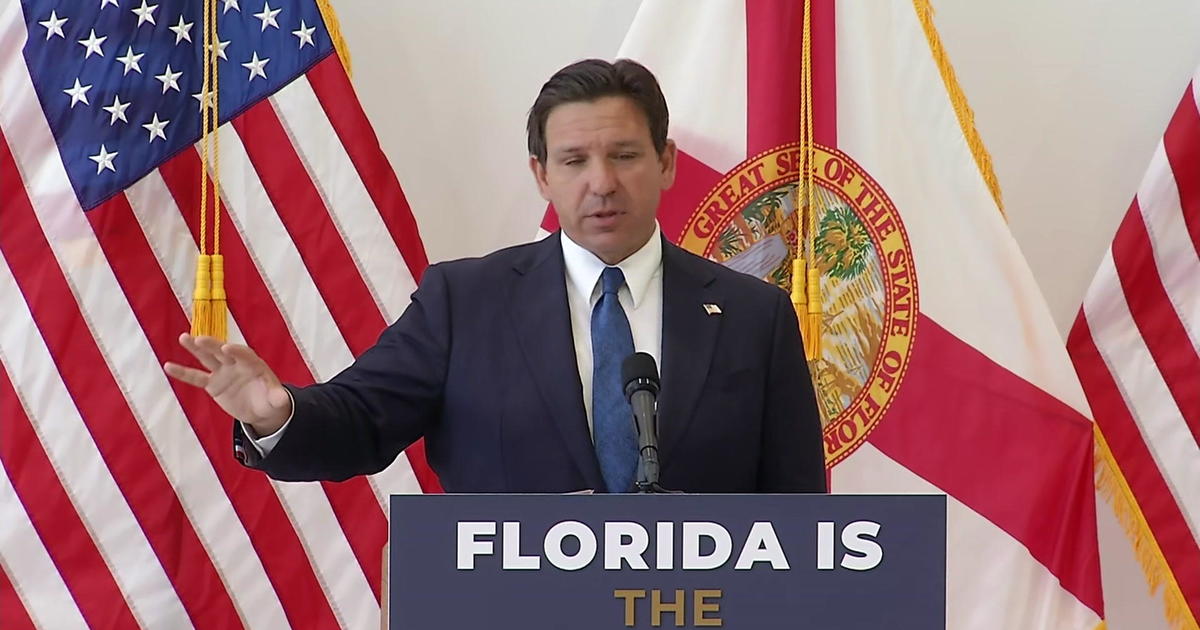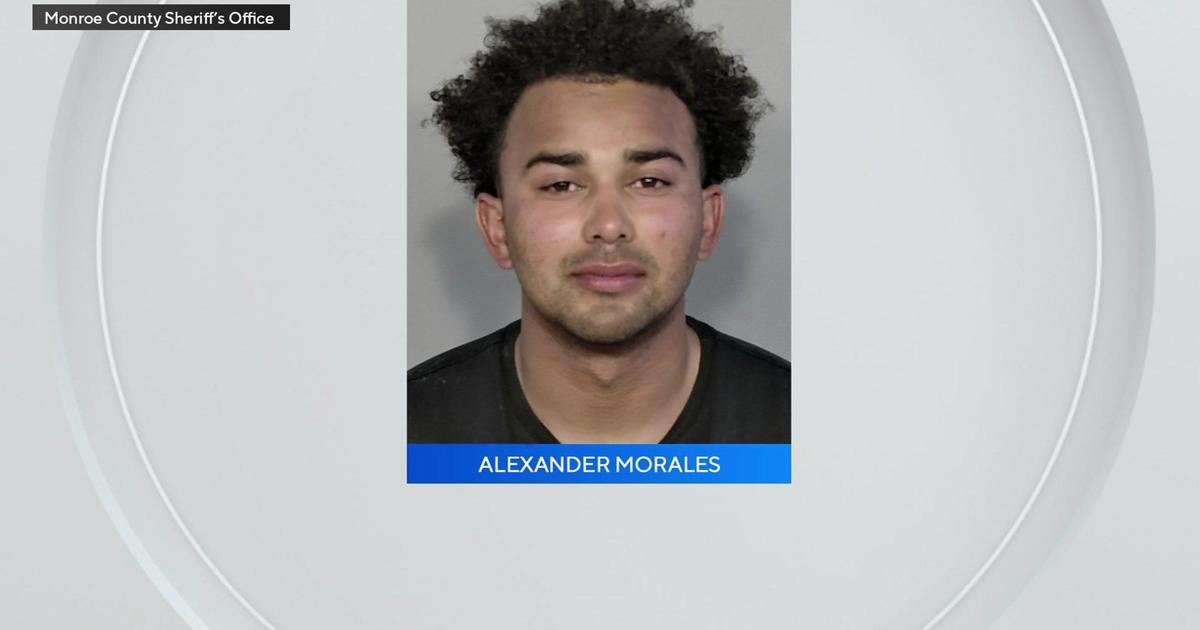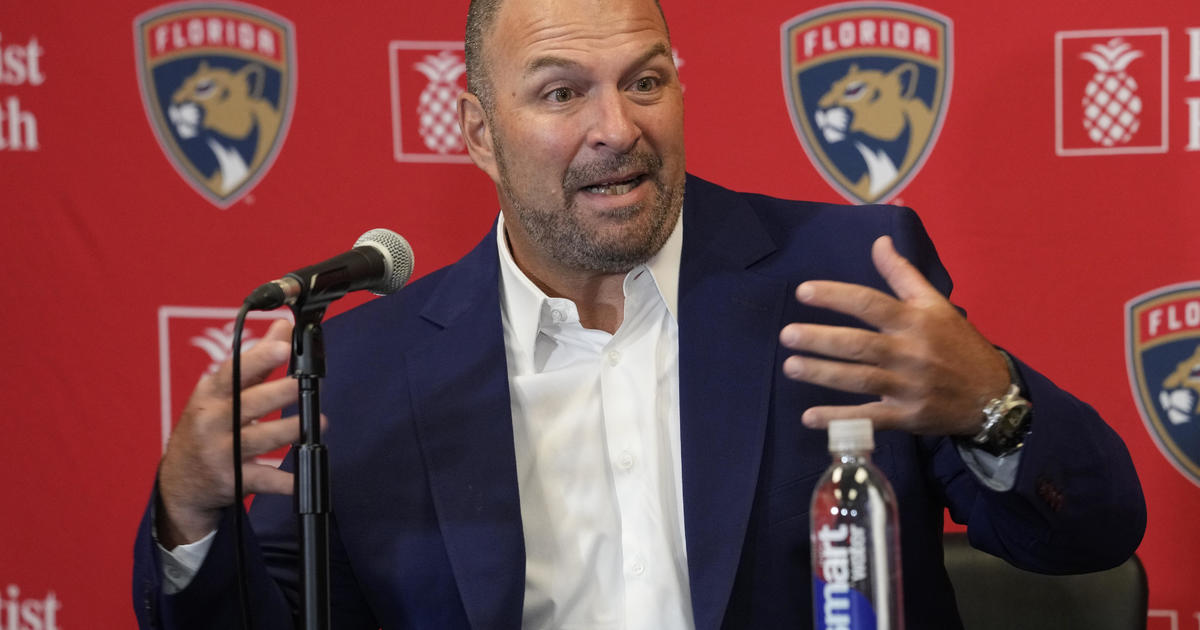House Panel Questions DCF Secretary On Slain Girl's Death
TALLAHASSEE (CBSMiami/NSF) -- A Florida House panel on Tuesday heard details on a report about a 5-year old whose father is accused of throwing her off a bridge in Tampa.
The report found, in part, that abuse hotline counselors at the Department of Children and Families (DCF) had ignored two calls in the last week of 5-year-old Phoebe Jonchuck's life. It also found that the Hillsborough County Sheriff's Office, which conducted a child protective investigation of the family in 2013, did not refer either Phoebe or her father, John Jonchuck, for services.
The House Children, Families and Seniors Subcommittee had discussed the girl's Jan. 8 death in previous meetings. But Tuesday's meeting came after the release last week of the report from a team that DCF Secretary Mike Carroll sent to Tampa to investigate.
"I really saw the missed opportunities" to save the girl, subcommittee Chairwoman Gayle Harrell, R-Stuart, said of the report.
The case is one of those that horrify lawmakers and often result in new laws or new money for child protection. Phoebe's death, however, came after the Legislature --- in the wake of a long series of child deaths --- passed a sweeping reform measure last year. And now her case is the proving ground for the new law and money that lawmakers have already put in place.
For instance, the team that Carroll sent to Tampa, known as the Critical Incident Rapid Response Team, was created last year after complaints about a lack of transparency in the child-welfare system.
"It's a much deeper dive than we've taken," Carroll said of the team, which went into effect Jan. 1.
Additionally, the 2014 Legislature approved $13.1 million for 191 new child-protective investigators at DCF and $8.1 million for six county sheriffs' offices --- including Hillsborough's --- that provide such investigative services.
But Carroll said turnover at DCF was such that, "I can't hire the folks you gave us last year." He said the department would have to do a better job of "plugging people into those positions more quickly" to keep caseloads at a manageable level.
"Staffing to us is a critical issue," he said.
Harrell noted that the Legislature "spent $30 million several years ago updating and upgrading the abuse hotline." She asked Carroll what else the hotline needed.
He replied that the money spent on the hotline had improved its technology, but that training of hotline staff had fallen "a little behind" that of staff in the field.
He said the hotline counselors were being brought up to speed on what is known as the child-welfare practice model, which is how frontline staffers evaluate threats to a child's safety.
"Will it prevent every poor outcome? No," Carroll said. "We deal with people who make decisions sometimes that befuddle us, and we need to continue to work on that."
The House panel also heard from Patricia Babcock, interim director of the Florida Institute for Child Welfare, which was another part of last year's legislation. The institute was designed to perform a number of research functions, including the evaluation of DCF's training, programs and staff.
Babcock presented 30 recommendations on how to improve Florida's child-welfare system, from a five-year strategic plan to workforce recruitment and retention to an accountability program.
Harrell, who called the number of recommendations "a little overwhelming," asked Babcock to boil them down to her top three.
"Getting the practice model fully implemented," Babcock replied. "Getting as many people as we can hired. And looking at the birth-to-(age) 3 population."
DCF should start requiring that the youngest children be screened for trauma, Babcock said. She also urged the department to refer babies and toddlers to the Early Steps program for developmental screening. And she said lawmakers should fund a program called Child Parent Psychotherapy for all verified cases of abuse and neglect involving children ages birth to 3.
Even before Phoebe Jonchuck's death, Harrell had planned an in-depth look at mental-health and substance-abuse issues, which the committee will take up early in the legislative session that starts March 3.
"You have to have a long-term view," Carroll said. "There are no short-term fixes in child welfare."
(The News Service of Florida's Margie Menzel contributed to this report.)




